Sophie Marceau, born Sophie Danièle Sylvie Maupu on November 17, 1966, in Paris, France, is a French actress, director, screenwriter, and author whose multifaceted career has spanned over four decades. Raised in the Parisian suburb of Gentilly, Marceau was the daughter of a truck driver and a shop assistant. Her upbringing was modest, grounded, and far removed from the world of show business. However, her early experiences in France’s culturally rich environment helped shape her sensitivity to the arts.

Sophie’s early education was typical of a French middle-class upbringing, but her life took a transformative turn when, at just 14 years old, she was discovered by talent scouts. This moment of serendipity launched a career that would elevate her to national and international fame.
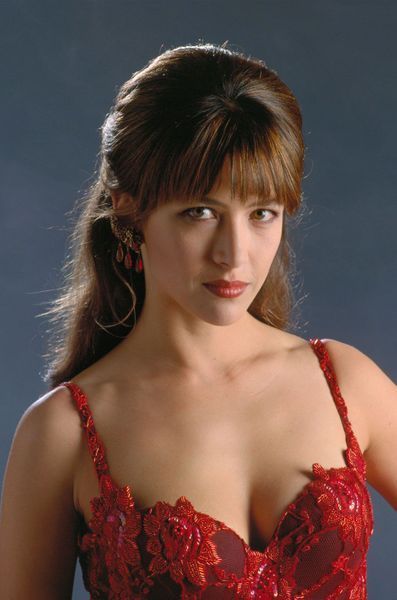
Breakthrough Role and Early Stardom
Sophie Marceau’s breakthrough came in 1980 when she landed the role of Vic Beretton in the teen romantic comedy “La Boum”. The film was a massive hit across France and several other European countries, propelling the young actress to stardom almost overnight. The success of “La Boum” and its sequel “La Boum 2” (1982) solidified her status as France’s new sweetheart.
What set Marceau apart from other young stars was her natural on-screen presence, emotional range, and the authenticity she brought to her roles. She captivated audiences not only through beauty and charm but through an intuitive understanding of human emotions—traits that would define her acting style in the years to come.
Evolving Career: From Teen Idol to Dramatic Actress
Following the initial burst of fame, Sophie Marceau deliberately avoided being typecast. She chose diverse and challenging roles that demonstrated her commitment to acting as a serious art form. Films like “Fort Saganne” (1984), where she starred alongside Gérard Depardieu, and “Police” (1985) directed by Maurice Pialat, showcased her versatility and ability to work with France’s most respected directors.
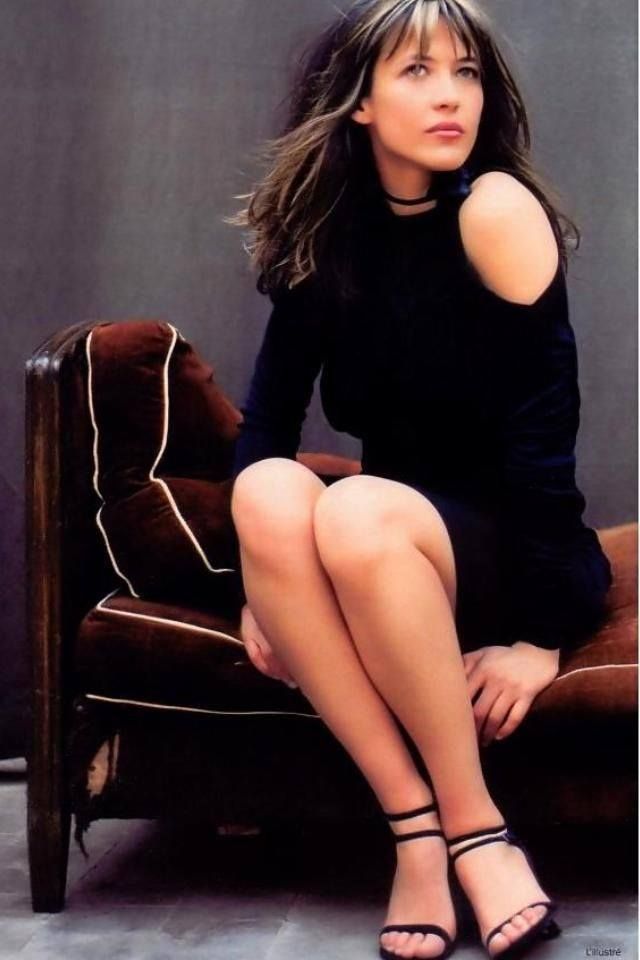
In 1985, she took on a role in “L’Amour braque”, directed by Andrzej Żuławski, with whom she would later have a long personal and professional relationship. The collaboration marked a significant shift in her artistic direction, diving into darker, more psychologically complex narratives. Over time, Marceau earned a reputation as a serious dramatic actress, distancing herself from her early teenage fame with deliberate precision.
International Recognition and Hollywood Debut
Sophie Marceau’s reputation soon crossed national borders. In 1995, she gained international acclaim for her portrayal of Princess Isabelle in Mel Gibson’s “Braveheart”, a role that introduced her to English-speaking audiences and established her global stardom. Her performance in the Oscar-winning historical epic showcased her ability to bring nuance and intelligence to period dramas.
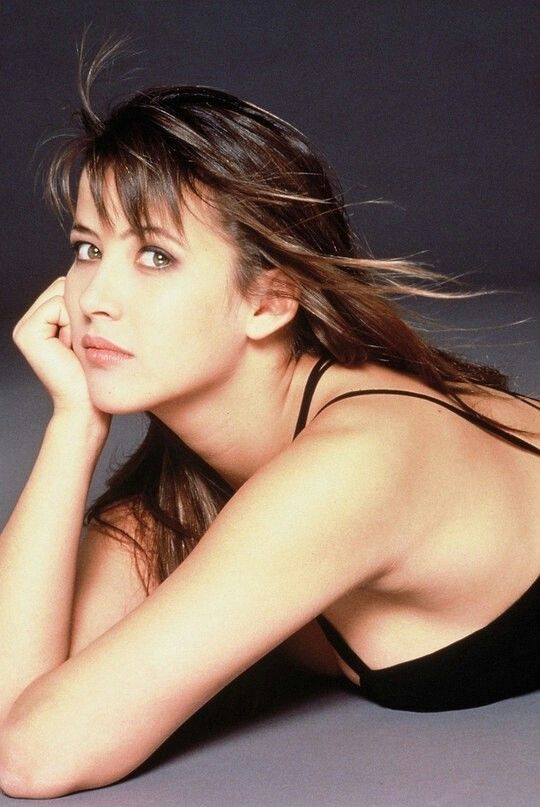
In 1999, she further cemented her status as an international actress by playing Elektra King, a complex and memorable Bond girl, in “The World Is Not Enough”, part of the iconic James Bond franchise. Marceau brought a level of sophistication and danger to the role, redefining what it meant to be a female character in the Bond universe. This performance earned critical praise and introduced her to a new generation of moviegoers.
Directorial Ventures and Writing Career
Not content with being in front of the camera alone, Sophie Marceau expanded her artistic expression to directing and screenwriting. In 2002, she made her directorial debut with “Speak to Me of Love” (“Parlez-moi d’amour”), a sensitive exploration of relationships that earned her the Best Director award at the Montreal World Film Festival.
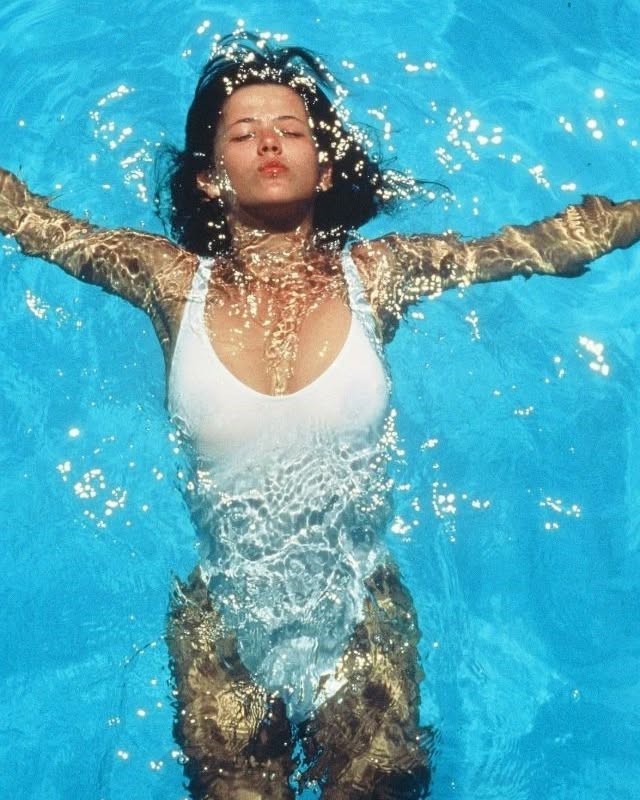
She followed this with “Trivial” (“La Disparue de Deauville”) in 2007, a psychological thriller that again underscored her skills behind the camera. Marceau’s work as a director has been marked by introspection, emotional complexity, and an affinity for strong character development.
She is also a published author, having released a semi-autobiographical novel, “Menteuse” (2001), which offered insight into her personal reflections and creative thoughts, further showcasing her literary depth and intellectual range.
Cultural Influence and Personal Philosophy
Sophie Marceau has long been regarded not just as an actress, but as a cultural icon. She represents the modern French woman: independent, introspective, intelligent, and resilient. Throughout her career, she has carefully maintained a level of privacy, avoiding the typical pitfalls of celebrity culture. Her public persona reflects thoughtfulness, grace, and a deep connection to her French roots.
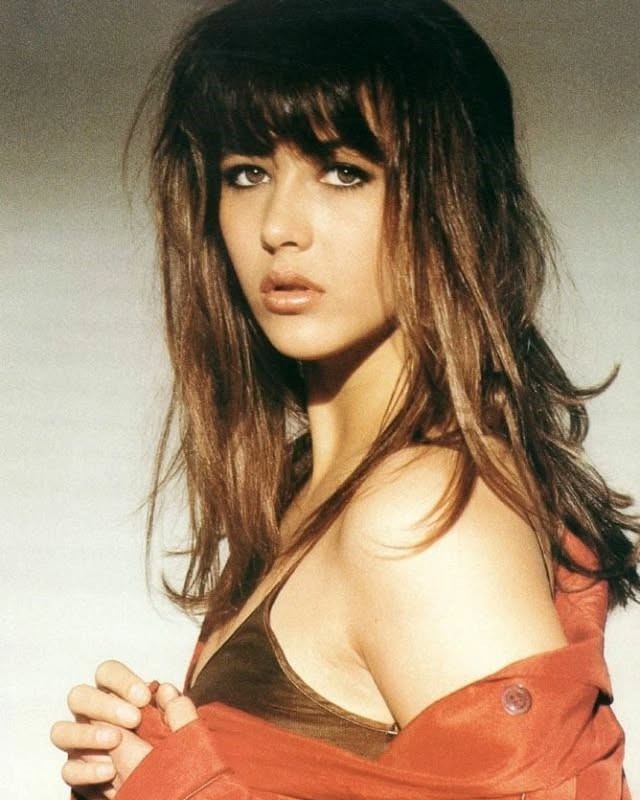
She has been an outspoken advocate for artistic freedom, women’s rights, and cultural integrity. Her work often explores themes of emotional truth, self-discovery, and personal transformation—elements that resonate deeply with audiences across the globe.
Personal Life and Relationships
Marceau has had notable relationships with filmmaker Andrzej Żuławski, with whom she had a son, and actor Christopher Lambert. Her personal life has occasionally intersected with her professional work, but she has consistently prioritized her independence and artistic integrity.

She is known for her grounded lifestyle, often retreating from the public eye between projects. Her ability to maintain a strong personal identity while navigating the entertainment industry is seen as a testament to her inner strength and clarity of purpose.
Recent Projects and Present-Day Activities
As of the present, Sophie Marceau remains active in the film industry. Her recent works include “Mrs. Mills” (2018), a comedy that again highlighted her ability to balance humor with emotional nuance. In 2021, she starred in “Everything Went Fine” (“Tout s’est bien passé”), directed by François Ozon. The film, a poignant story about assisted dying and family dynamics, was selected for the Cannes Film Festival, reinforcing her continuing relevance and ability to select powerful roles.

Marceau continues to be selective about her projects, often favoring scripts that align with her values and creative sensibilities. She participates in international film festivals, occasionally gives interviews, and engages with humanitarian causes, especially those related to art, culture, and children’s welfare.
Legacy and Lasting Impact
Sophie Marceau’s legacy is built on a career defined by courage, evolution, and excellence. She is one of the few actresses who has successfully navigated both European cinema and Hollywood, while maintaining a strong artistic identity. Her transition from youth sensation to mature artist was seamless, fueled by a desire for authenticity and continuous growth.
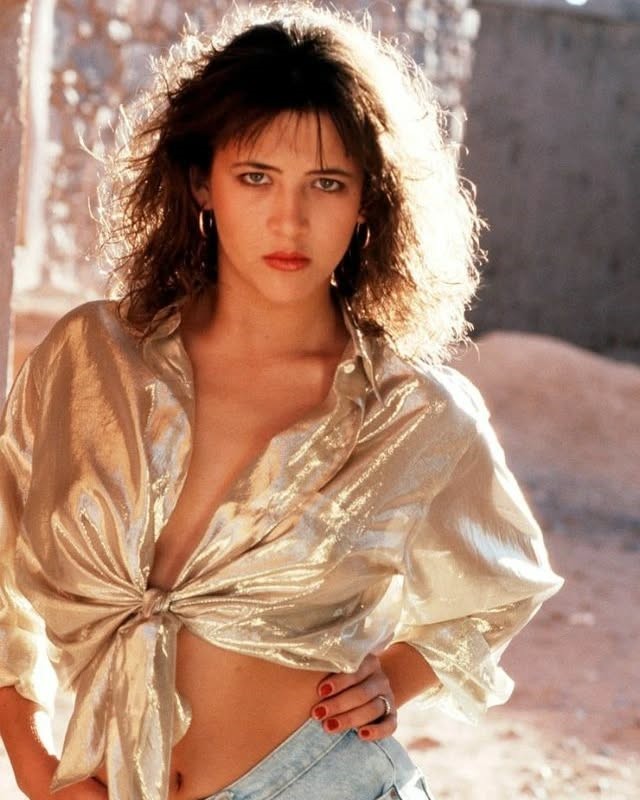
Her influence stretches beyond cinema into fashion, literature, and feminist discourse. She remains a symbol of French elegance and intellectual depth. In the pantheon of European cinema, Sophie Marceau stands as a luminary whose work will continue to inspire future generations of actors, filmmakers, and audiences.
Conclusion
Sophie Marceau’s biography, life, career, present encapsulates the story of a woman who has never stood still. From humble beginnings to global stardom, from actress to director and author, her journey is marked by relentless reinvention and an unyielding commitment to artistic truth. She remains a beloved figure in international cinema and a beacon of integrity and talent.


